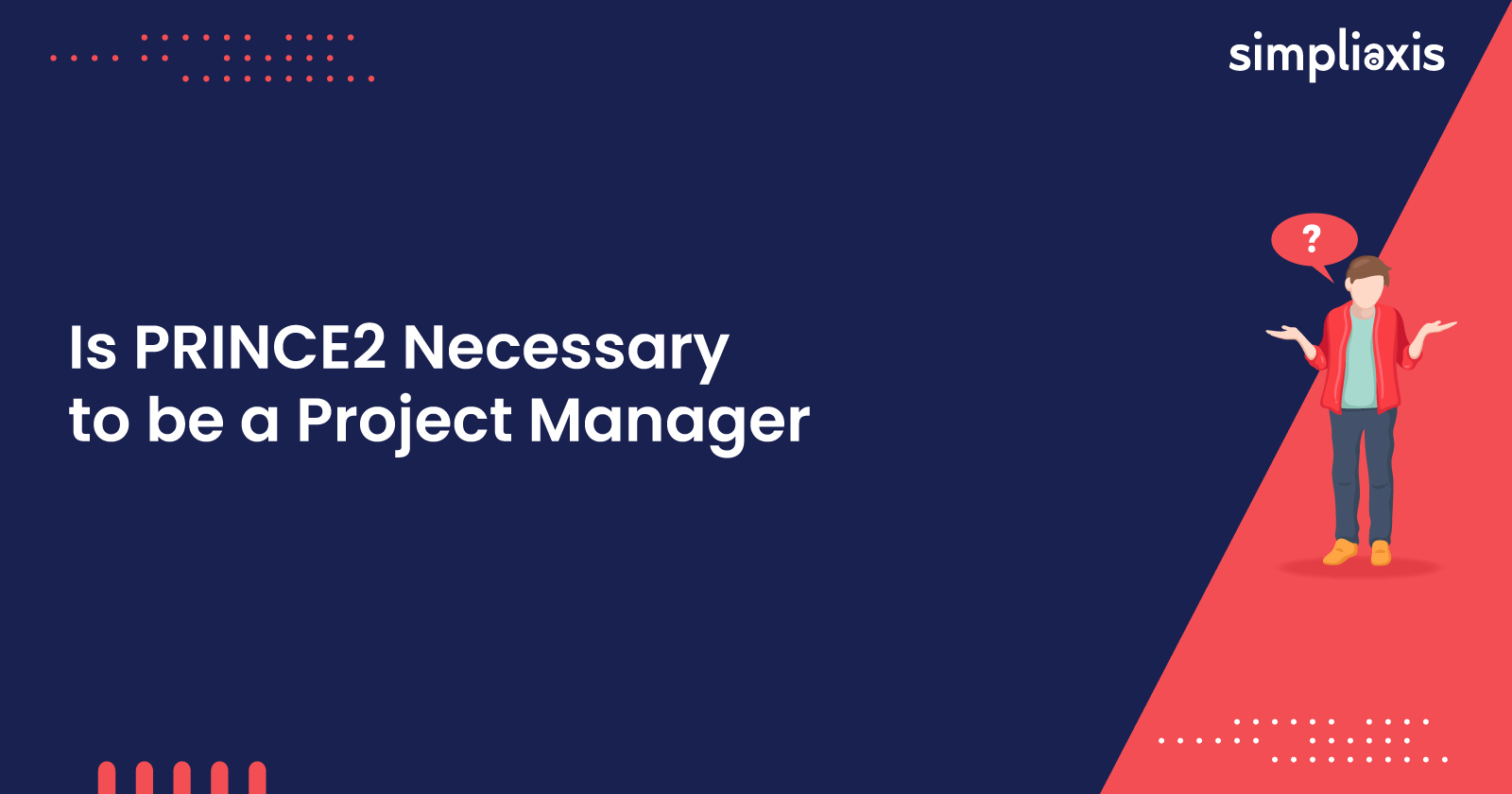Settlements play a crucial role in resolving disputes efficiently without resorting to prolonged litigation. For businesses, navigating settlements effectively can preserve resources, protect reputations, and foster continued growth. This comprehensive guide will walk you through strategies to handle settlements with confidence and professionalism.
Table of Contents
Understanding the Importance of Settlements
Settlements Save Time and Resources
Litigation can be a lengthy and costly process. Settlements offer businesses an opportunity to resolve disputes without enduring the financial and emotional toll of court proceedings. By opting for settlements, businesses can redirect their energy towards core operations instead of legal battles.
Maintaining Confidentiality and Reputation
One of the significant benefits of settlements is the ability to keep disputes private. Unlike court cases, which are often public, settlements allow parties to maintain discretion, protecting their reputation and client trust.
Key Steps to Navigate Settlements Successfully Assess the Situation Objectively
Before entering into settlement discussions, businesses should evaluate the dispute thoroughly. This involves understanding the legal and financial stakes, as well as considering potential outcomes.
- Gather All Relevant Information: Collect evidence, contracts, emails, and other documents related to the dispute.
- Consult Legal Experts: A professional assessment can clarify the strengths and weaknesses of your case.
- Identify Your Goals: Determine what you want to achieve through the settlement – whether it’s financial compensation, business continuity, or conflict resolution.
Foster Open Communication
Open communication is the cornerstone of effective settlements. Both parties must be willing to engage in constructive dialogue to achieve mutually agreeable terms.
- Create a Collaborative Atmosphere: Approach discussions with a problem-solving mindset rather than a confrontational one.
- Clarify Expectations: Ensure that all parties understand each other’s perspectives and desired outcomes.
- Use Neutral Mediators: If emotions run high, engaging a mediator can facilitate calm and productive discussions.
Crafting a Fair and Viable Agreement Prioritize Clear and Concise Language
A well-written settlement agreement minimizes the risk of future misunderstandings or disputes.
- Detail Specific Obligations: Clearly outline the roles, responsibilities, and deliverables for all parties.
- Include Timelines: Establish clear deadlines for actions or payments.
- Address Contingencies: Prepare for unexpected developments by including provisions for potential challenges.
Ensure Legal Compliance
Settlements must adhere to legal standards to remain enforceable.
- Involve Legal Counsel: Always have an attorney review the agreement to confirm its validity.
- Consider Jurisdictional Requirements: Ensure the settlement complies with regional laws and regulations.
- Include Confidentiality Clauses: Protect sensitive information with non-disclosure agreements.
Tips for Avoiding Common Pitfalls Avoid Rushing the Process
Settlements made in haste can lead to unfavorable outcomes. Take the time to review all aspects carefully.
- Evaluate the Long-Term Impact: Consider how the settlement might affect your business’s future.
- Seek Multiple Opinions: Discuss potential terms with trusted advisors to ensure sound decision-making.
Don’t Neglect Emotional Dynamics
Disputes often involve emotional elements that can cloud judgment. Address these emotions constructively to maintain focus on the bigger picture.
- Practice Empathy: Acknowledge the other party’s concerns and demonstrate a willingness to understand their perspective.
- Keep Discussions Professional: Avoid personal attacks or inflammatory language during negotiations.
Post-Settlement ConsiderationsMonitor Compliance
Ensure all parties uphold their obligations as outlined in the agreement.
- Track Milestones: Use project management tools to monitor progress and deadlines.
- Document Progress: Keep records of completed actions for future reference.
- Address Non-Compliance Swiftly: If issues arise, resolve them promptly through additional negotiation or legal action.
Learn from the Experience
Every settlement provides valuable insights that can strengthen your business’s approach to conflict resolution.
- Analyze What Worked: Identify strategies that led to successful outcomes.
- Improve Internal Processes: Implement changes to prevent similar disputes in the future.
- Invest in Training: Educate your team on effective negotiation and conflict management techniques.
Embracing Settlements as a Strategic Tool
Settlements are not just a way to end disputes; they are an opportunity to build resilience and improve business relationships. By approaching settlements with preparation, transparency, and professionalism, businesses can turn potential conflicts into opportunities for growth.
Key Takeaways:
- Prioritize objective analysis and legal guidance.
- Foster open and collaborative communication.
- Craft agreements with clarity and precision.
- Avoid rushing and address emotional dynamics thoughtfully.
- Monitor compliance and integrate lessons learned for future success.
Navigating settlements effectively is a skill that every business can benefit from mastering. With the right strategies in place—and the support of legal experts like DFG Legal—businesses can resolve disputes efficiently while safeguarding their interests and reputation.










